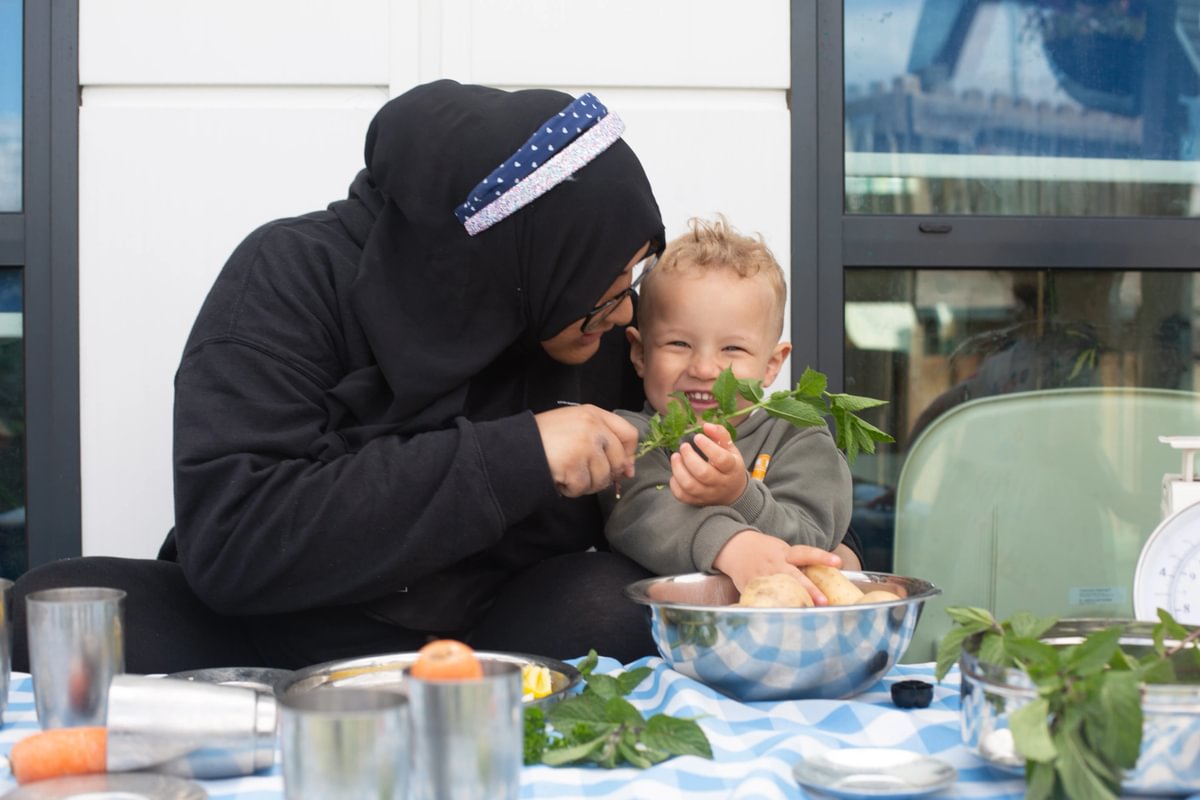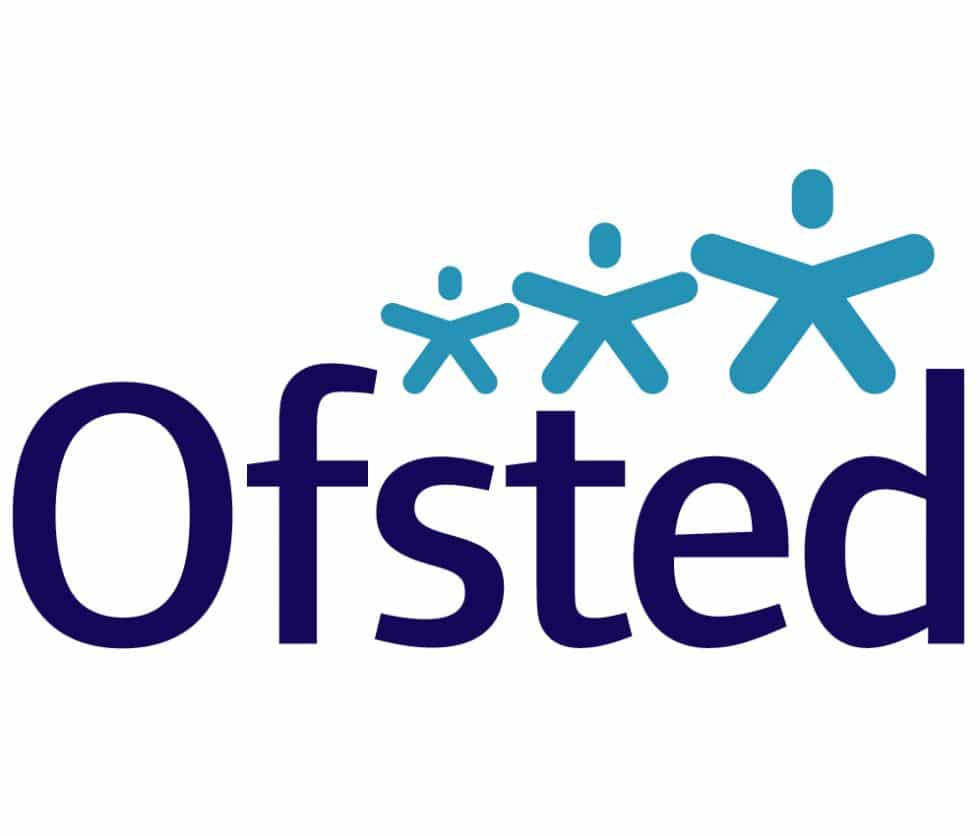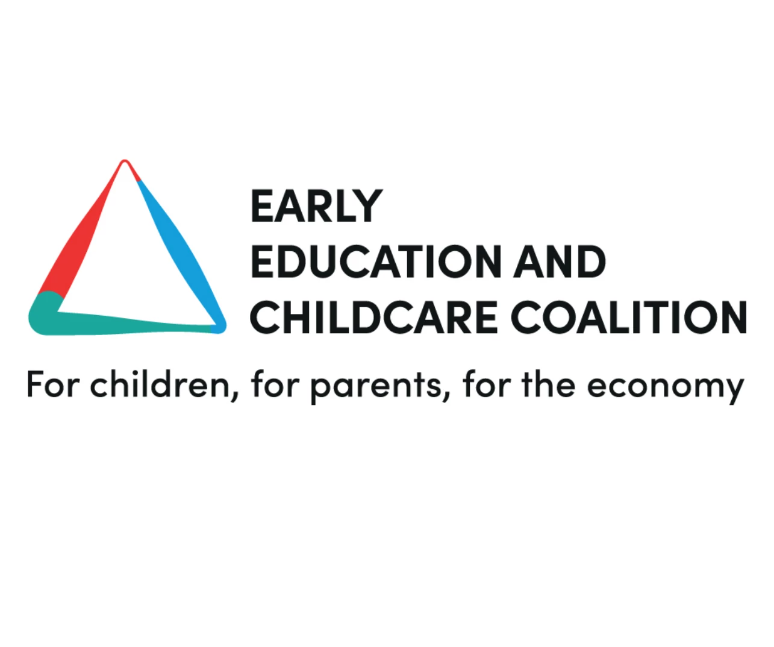
Change is in the Ofsted air
The London OBC is coming on the 8th April 2025 We will be hosting it at Bain where we can take up to 100 people in person. This time…
August 2nd 2023
Where are you going on holiday? Will it be too hot? A realistic question as Southern Europe burns. I chose the west of Ireland where a sliver of sunshine on the great Benbulbin is joyfully celebrated.

Despite these changes, most governments are dealing with this global climate catastrophe with short term measures. To really address this crisis, we need a long-term approach. Of course, as I study this subject more and more, I realise that there’s nothing new here. In 1972, the first report of the Club of Rome, showed that economic growth according to the current model would lead to a sharp drop in the global population by 2100 due to pollution, scarcity of energy resources and impoverished arable lands.
For more than 30 years, the annual reports of the Intergovernmental Panel of Climate Change and the Paris Agreement in 2015 have alerted us to the acceleration of global warming and the dramatic ecological, social and economic threat it poses. Including the destruction of biodiversity, and degradation of the oceans. Despite this the response has been fairly ineffective and the challenge of balancing short-term interests of finance and long-term interests of the environment has yet to be resolved. The question of how to develop a new energy model without reducing the quality and standard of living for everyone without the highest price being paid by the poorest is the key question?
Everything as they are the future, and our job is to prepare them for the unknown. We need to nudge change from the Baby Room. Then use all our skills as Early Years teachers to inculcate positive attitudes towards the environment, problem solving skills, creativity and innovation as encourage their curiosity. If we don’t do this, we will fail the next generation, who may be able to save the planet.

The London OBC is coming on the 8th April 2025 We will be hosting it at Bain where we can take up to 100 people in person. This time…

Ofsted has just published Report 2… …part of our series of subject-based curriculum research reviews. Do you remember the first one Best Start? This second…

Stronger in Numbers as the Early Education and Childcare Coalition Launches This week marks the launch of the Early Education and Childcare Coalition (EECC) – a group of experienced…